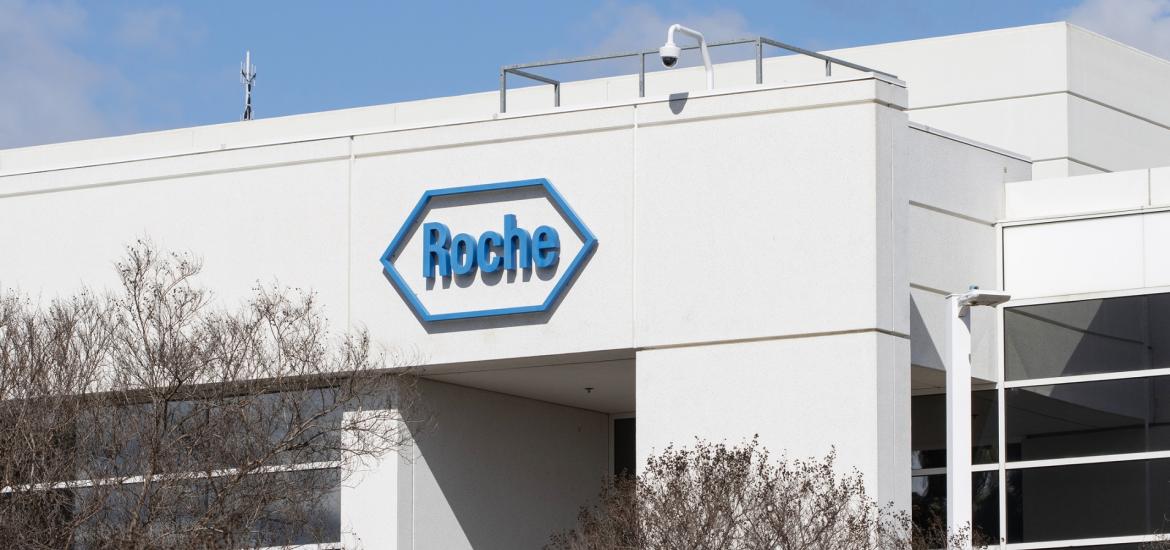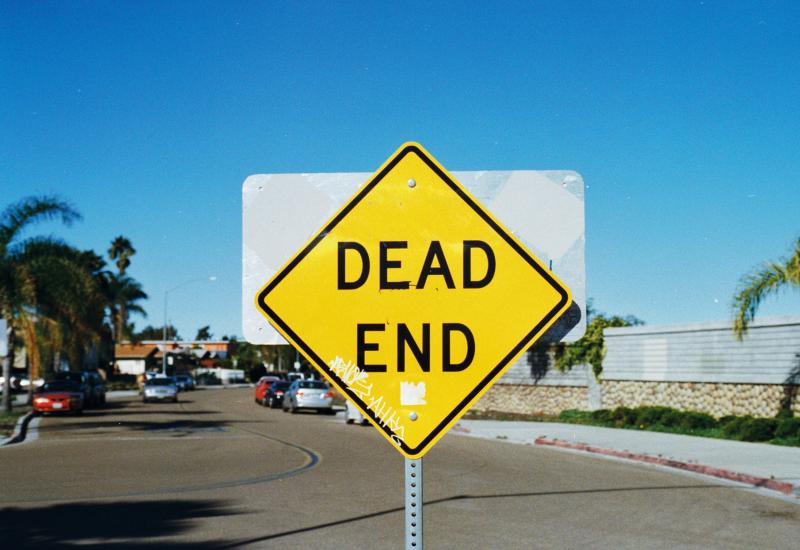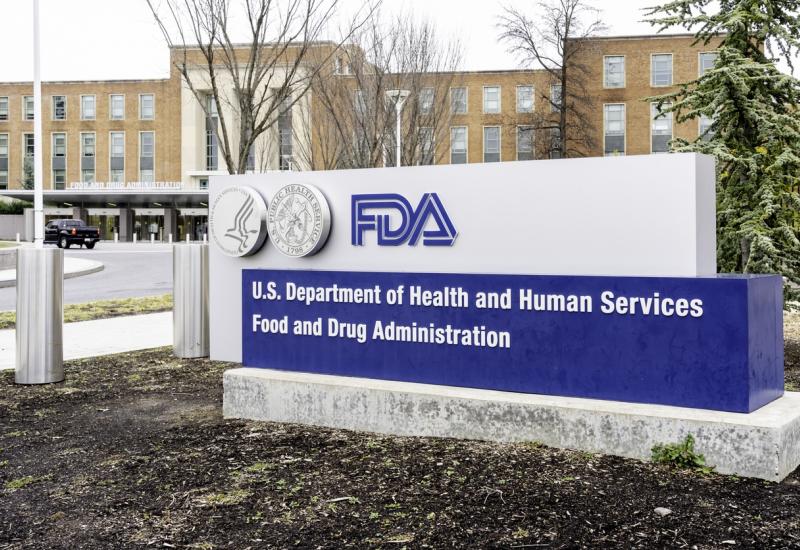
Columvi avoids its worst-case scenario
Roche’s drug is knocked back in second-line lymphoma, but keeps its third-line nod.
Roche’s drug is knocked back in second-line lymphoma, but keeps its third-line nod.

Roche’s CD20-targeting T-cell engager Columvi has been rejected by the FDA in second-line DLBCL based on the controversial Starglo trial, but things could have been worse for the Swiss group. Roche said Columvi would remain on the market in third-line disease, for which it’s had accelerated approval since 2023.
The drug’s long-term future could depend on the readout of another study, Skyglo, in the first-line setting, with Roche saying it’s negotiating with the FDA to make this the new confirmatory trial. But results aren’t due for a couple of years, providing some breathing space.
And even if Columvi is eventually pulled from the market, the group’s other CD20 T-cell engager, Lunsumio, could provide a handy backup.
Notable trials of Roche’s Columvi
| Trial | Setting | Regimen | Results | Note |
|---|---|---|---|---|
| Ph1/2 NP30179 | 3rd-line LBCL | +/- Gazyva (following Gazyva) | ORR 56%; median DoR 18.4mo | Supported FDA accelerated approval in 3rd-line LBCL, Jun 2023 |
| Ph3 Starglo | 2nd-line DLBCL | + chemo, vs Rituxan + chemo | CR rate 59% vs 25%; mOS 25.5 vs. 12.9 months (updated analysis) | Criticised by FDA adcom for including mostly Asian pts, with N America pts doing worse; CRL Jul 2025 |
| Ph3 Skyglo | 1st-line DLBCL | + Pola-R-CHP, vs Pola-R-CHP | Data & filing expected 2027 | Roche in discussions to make this confirmatory trial |
Source: OncologyPipeline & product label.
Other CD20 players haven’t had a smooth ride, either. Regeneron’s odronextamab also got an FDA complete response letter last year amid questions about the enrolment status of its confirmatory trials; that group is now focusing purely on follicular lymphoma, with a US approval decision due by 30 July.
AbbVie and Genmab’s Epkinly, meanwhile, gained accelerated approval for third-line LBCL in May 2023, but its confirmatory second-line study, Epcore DLBCL-1, has been extensively delayed: results were once expected in 2023, but are now not due until year-end 2026.
Columvi did score in its confirmatory trial, Starglo, which was supposed both to confirm Columvi’s accelerated third-line approval, and to allow an expansion into the second line.
However, over half of the patients in this study were Asian, and only 9% were from North America, which led to Starglo being deemed non-applicable to the US population at an adcom in May. Even more worryingly, Americans did especially badly in the study.
Something similar was seen in the Sunmo trial of Roche's other anti-CD20 T-cell engager, Lunsumio, in second-line LBCL, with only 10% of patients coming from North America. Still, in Sunmo North Americans performed well on PFS versus patients from other regions, providing some consolation.
The FDA’s stance on Sunmo won’t become clear until there’s an adcom or approval decision on Lunsumio in this setting; that drug currently has accelerated approval for third-line follicular lymphoma.
Asia questions
With Roche already running into this recruitment problem twice, is there a risk that this could happen again with Columvi’s new confirmatory trial, Skyglo?
This is impossible to know without seeing the trial’s enrolment status, but it’s possible that in the US LBCL trials in general are being squeezed by the availability of Car-T therapies like Gilead’s Yescarta and Bristol Myers Squibb’s Breyanzi, which have moved up to the second line.
It’s also possible that Epkinly’s confirmatory trial, Epcore DLBCL-1, could have been delayed by the need to recruit more US patients.
On the plus side for Roche, the Skyglo study is in the front line, where Car-T isn’t approved. Epkinly and Regeneron’s odronextamab are also in first-line phase 3s, Epcore DLBCL-2 and Olympia-3, which are expected to yield data next year and in 2028 respectively.
Meanwhile, a phase 3 trial of Lunsumio in first-line DLBCL had once been planned, but never materialised, according to OncologyPipeline.
2701













